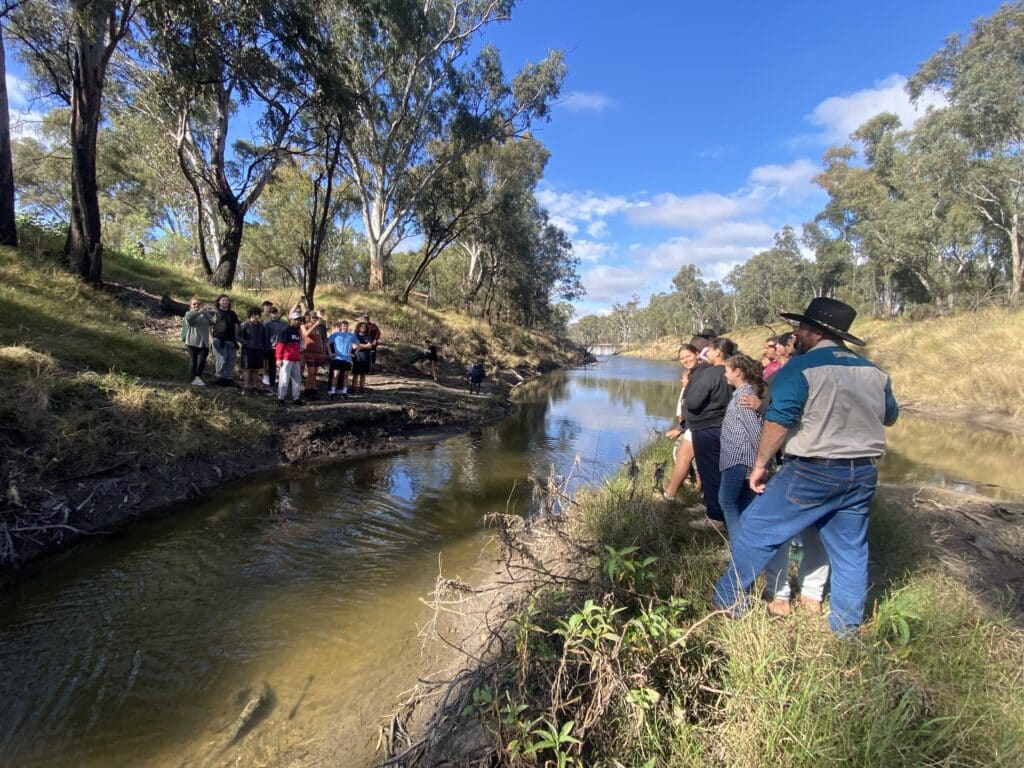Latest
News & Updates

IMA Juraki Discovery Visit
In August 2025, the Global Mission Partners IMA program is hosting a discovery visit to experience the culture and faith of one of our Indigenous ministry partners, Juraki, on stunning Bunjalung country in northern New South Wales. You’re invited on…

IMA Dhiiyaan Discovery Visit
In September 2025, Global Mission Partners IMA program is hosting a discovery visit to experience the culture and faith of one of our Indigenous ministry partners, dhiiyaan, in rural South East Queensland. You’re invited on this IMA discovery trip to…

Ministering to Migrant Workers in Thailand
In the diverse setting of Buddhist temples, the bustling Maeklong railway and Tha Kha floating markets in Samut Songkhram, Thailand, a community of twenty Christian families gathers every Sunday for worship, dedicated to ministering to Thai and migrant workers in…
Subscribe for Updates
Be the first to know about exciting developments and breakthroughs made possible because of supporters like you. Sign up to our mailing list today.
By clicking subscribe, you agree to receive our emails. We fully respect your privacy and will never sell or share your information unless required by law. Unsubscribe at any time.
A Mother of Many
Lilian stood in line with many other women at Khayelihle Children’s Village (KCV), Zimbabwe. They were all applying to be a Housemother. As the last one interviewed that day, Lillian didn’t have high hopes of getting the job. When selected for…
A Safer World For All
Australia is one of the safest, healthiest, and historically one of the most generous countries in the world. Yet, our aid contribution is only 0.65% of the federal budget. International aid is now almost half what it was under Prime…
A Sewing Machine for Rubina
Rubina listened intently as her friend described a place where she could learn to sew. It sounded like a dream come true, and Rubina was eager to learn more. Rubina lives in Ambarnath, India, in a small shed near the…
Empower Leaders Like Ariyani to Share Hope
Ariyani dreaded the idea of travelling to a rural village by motorbike. She aspires to be in a ministry position in her church, performing on the stage, not traversing Indonesia’s “adventurous” roads. Ariyana studies at the Christian Church Theological School…
Thando Re-connects with Her Family in Zimbabwe
Thando’s journey began with great loss when her mother passed away during childbirth. Fortunately, Thando was given a loving home at Khayelihle Children’s Village when she was just seven months old. Receiving the love and care she needed, Thando grew…
Tackling Climate Challenges Together
As the environment changes, the impact is felt differently across the world. When our Safe Water September team visited Zimbabwe in May last year, Showers of Blessing Project Director Boniface Mpofu pointed out fields of failed maize as we drove…